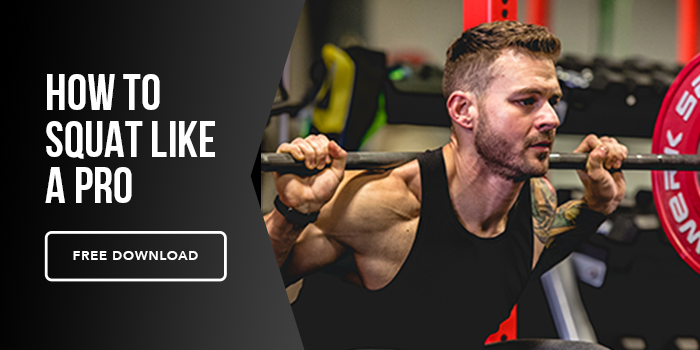As a trainer, this is probably one of the most frequently asked questions I get when I start working with a new client.
The number will ultimately come down to each individual and where they are at in their training program, but generally, 2–4 days per week is recommended for the general population. This article will break it down a little more to help you decide how many days per week is right for you.
Beginner
For someone fairly new to weight training, and they don’t have a routine established yet, 2–3 days is plenty. A novice to weight training will likely experience the typical soreness one gets when they’re new, or it’s been a while since working out, and there is a learning curve to consider as well.
Weight training 5(+) days a week as a beginner takes away what is most important during this stage of training; proper form, rest, and a healthy progression to harder and more intense exercises. This is the time to establish a habit, and it is a lot easier to do that 2–3 days a week, than 4-6. The best way a beginner can train is to complete 2-3 total body workouts per week, which will hit most body parts enough during the week to properly stimulate muscle growth while allowing proper recovery.
Intermediate
When you’ve been in a groove for a while, and you feel like weight training is part of your lifestyle, you can start to increase the number of workouts per week to about 3-5. When this happens, you’ll need to restructure your workouts to make them a bit more focused. Depending on certain factors, completing 4 or more total body workouts during the week may not provide the best anaerobic response, and would make it hard to allow an efficient recovery period. An easy way to progress through this is to break up your workouts into upper, lower, and core-focused days.
Based on what your goals are, there will be some variation. There could be periods of time when you really want to develop your lower body; one suggestion could be 2-3 lower body workouts per week on non-consecutive days, and then one, maybe two, upper body/core workouts per week. Keep in mind that you don’t need to go super intense with every workout, especially when you do start increasing the frequency of your workouts. With the lower body example, one of those three lower body workouts will probably need to be focused on volume and less on intensity.
Advanced
The more advanced you are, the more stimulus you will need to place on your body to achieve a muscle-building response because such a high tolerance has been built up; adding another day or two can definitely help you do that. Someone who is considered advanced can work out 4–6 days per week.
Programming needs to be heavily considered, allowing muscles worked the day before at least 24 hours to rest before challenging them again. If you are knocking out a leg workout nearly every day, you’re probably doing more harm than good. Some lifters like to break up their workouts into push/pull days, large/small muscle groups, lower/upper body, and foundational/focus days. There are others, but these are just examples of how toprogram your workouts to make it conducive for a 4–6 days per week schedule.
Whatever you ultimately decide, adherence and consistency are key. Also, if you are an intermediate or advanced lifter, and you go down in frequency, you can just train with a higher intensity to avoid plateaus. Whatever the case may be, you need to consider what will help you achieve the best muscle-gaining response, what is the safest and most reliable training frequency, and what works for YOU.






